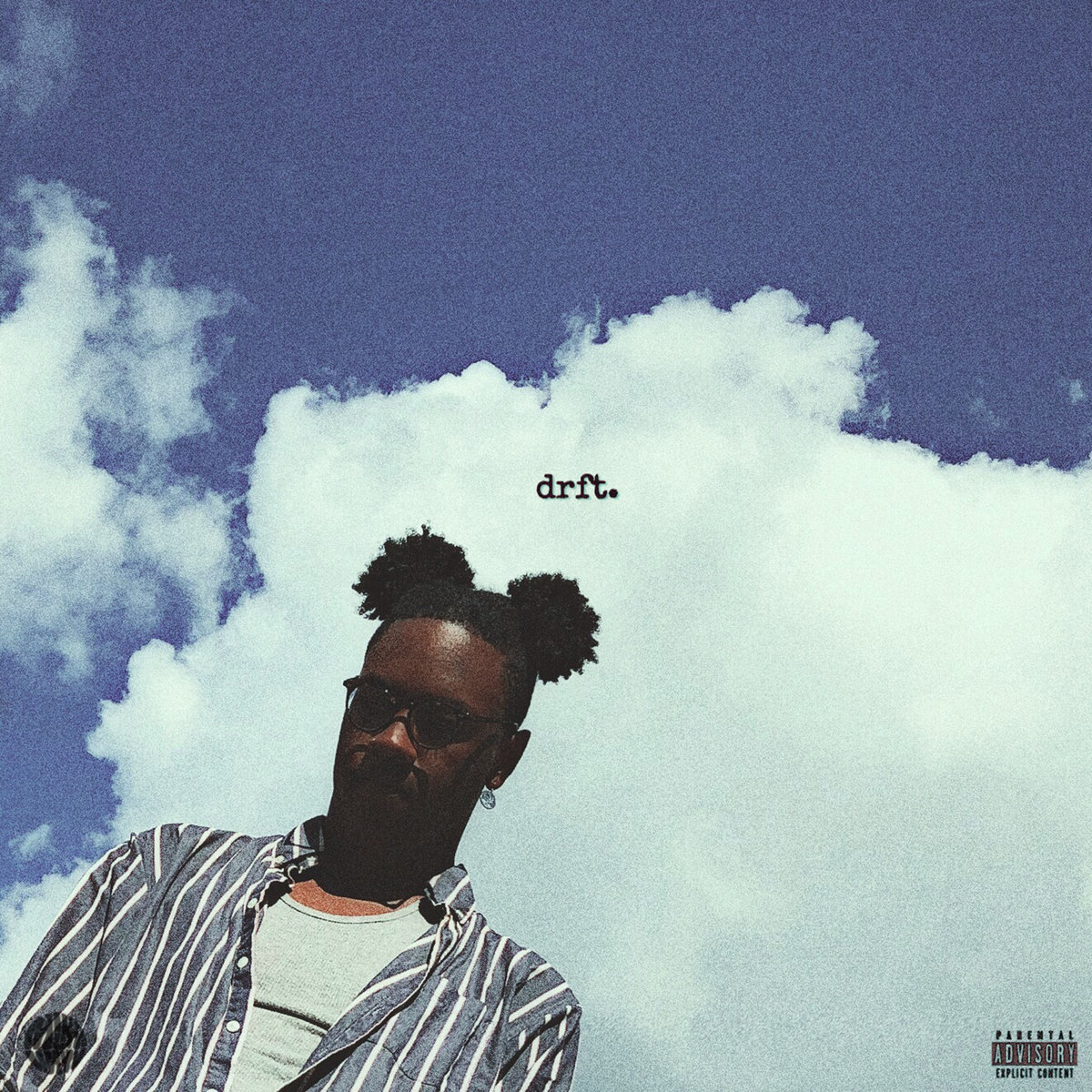This Doctor Is Opening Up About The Dark Truth of Chemicals
Did you know that European countries have banned 1,328 chemicals, but the U.S. has only restricted 11?
“Thousands of chemicals are negatively affecting our brains, bodies, and environment each and every day.”
These are the wise (and alarming) words of Leonardo Trasande, MD., MPP, an internationally renowned leader in children’s environmental health, and an NYU Langone professor. In his latest book, SICKER, FATTER, POORER: The Urgent Threat of Hormone-Disrupting Chemicals to Our Health and Future… and What We Can Do About It, Trasande discusses the relationship between chemicals and diseases and what we can do to better protect ourselves.
Trasande began his research book by talking about the big picture: endocrine disruption. This is what occurs when chemicals interfere with the body. Trasande says that multiple studies show that chemicals can be the explanation for issues such as obesity, diabetes, heart disease, lower IQs, breast cancer and infertility.
However, living at college in a completely different environment, it can be even more difficult to avoid unnecessary confrontations with chemicals. Lucky for you, Trasande talked to CMN about how students can live a healthy lifestyle at college when it comes to eating, buying products and managing your diet.
When it comes to eating clean in college, Trasande recommends avoiding canned food.
“You’ve probably heard about bisphenol A, a synthetic estrogen that has all the characteristics of an obesogen. It also has been found to disrupt the function of the ovary,” Trasande said. “While you might think a BPA-free can would make you breathe easier, it shouldn’t. BPA is increasingly being replaced with BPS, BPP, BPZ, BPF, just to name a few.”
Although there is little known about BPS, it is known that it is as toxic to embryos.
Choosing organic leafy fruits and vegetables is also another good option when it comes to eating clean. Studies have shown that this can reduce levels of pesticides in your body. A healthy diet should include a sufficient amount of iodine, as iodine is essential for healthy thyroid function.
(Trasande pro tip: Seaweed is one of the best sources for iodine, along with seafood, cranberries and strawberries.)
“Folic acid may protect against some of the effects of endocrine disruptors,” Trasande said. “A supplement can help, but leafy green vegetables, beans, and grains are high in folic acid.”
Trasande also warns students about their use of plastic.
“Do not place plastics in microwave or dishwasher, even if they are labeled as microwave safe,” he said. “The high temperature facilitates microscopic leaching of plastics into food.”
He also advises to avoid washing plastics in the dishwasher and to instead hand wash with soap and water.
Trasande also discussed recycling and the significance of the numbers printed on plastic bottles.
“The number 3 means phthalates, which raises the possibility of contamination into liquid or food,” Trasande told CMN. “6 refers to styrene, a known carcinogen. 7 includes bisphenols like BPA.”
Students can also avoid unnecessary chemicals in their skin and hair products by following a few steps.
“Avoid products with “fragrance” or phthalates,” Trasande said. “A recent study found that choosing personal care products that are labeled to be free of phthalates, parabens, as well as other endocrine disrupting chemicals can reduce exposure by 27% to 44%.”
The Environmental Working Group also maintains a list of specific products and their ingredients.
Living on a college campus, whether in an urban or rural setting, can bring about new challenges in everyday life. Trasande has some tips for making the new lifestyle more manageable— the first being to avoid e-cigarettes.
“At age 20, you have the largest lung capacity you’ll have for your life— e-cigarettes are addictive, so don’t set yourself up for having elderly lungs when you’re 40,” Trasande said. “Even breathing in the aerosol that someone exhales from an e-cig can be harmful.”
To learn more about what affects our body and how to best avoid unnecessary chemical exposure, pick up a copy of SICKER, FATTER, POORER, available on Jan. 8!
Disclaimer: This product was gifted, but all opinions are the writer’s own.




